International
Only 55 released of the more than 1,400 detainees and protests over elections in Venezuela
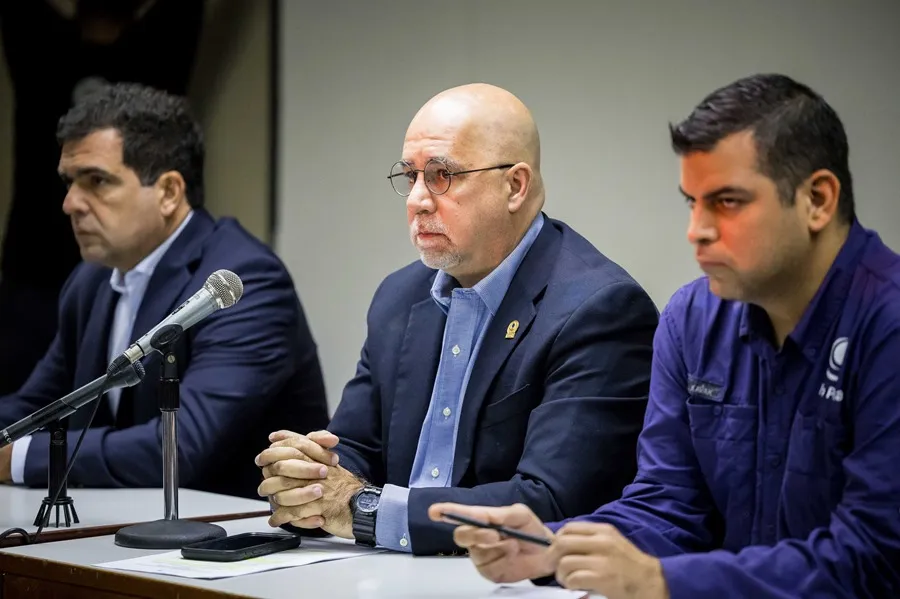
The NGO of Venezuela Foro Penal assured on Thursday that of the more than 1,400 detainees that it has been able to confirm, after the protests recorded against the official result of the presidential elections by which the electoral authorities proclaimed the victory of Nicolás Maduro, only 55 people have been released.
“Few people have been liberated. We have only added, of the more than 1,400 people arrested, 55 people who have been released,” explained the president of the Criminal Forum, Alfredo Romero, after an activity of advising relatives of these detainees, together with the NGO Provea.
Romero did not detail the ages of those released so far because, he said, the NGO has counted a total of 118 adolescents, between 13 and 17 years of age, among those arrested after the protests.
He also recalled that among those apprehended there are people with disabilities, as well as a citizen who is within the autism spectrum.
“There is a deaf person detained, there are people with, in addition to disabilities, with diseases of some kind, chronic,” he added.
The activist indicated that most of the arrests took place in the context of the demonstrations against the official result of the presidential elections but – he explained – they are verifying complaints of “selective” arrests, in which security officials take people who are inside their homes.
Meanwhile, Leticia Torrealba, mother of a 16-year-old man arrested, explained in the activity that her son was arrested on July 29 when he was walking with other friends on the street and were approached by officials of the Bolivarian National Guard (GNB, Militarized Police).
“He is 16 years old and this is really distressing, I do not wish this to anyone that one has a minor and that they have him in that situation, it is difficult for one, because it is very difficult for one to smile and see other people well (…) really one feels very breakable,” he said.
According to the Venezuelan Executive, more than 2,400 people were arrested in the context of the protests unleashed after the elections of July 28, in which, according to the Prosecutor’s Office, 25 deaths were recorded.
International
Ukraine declares nationwide energy emergency amid russian attacks and extreme cold
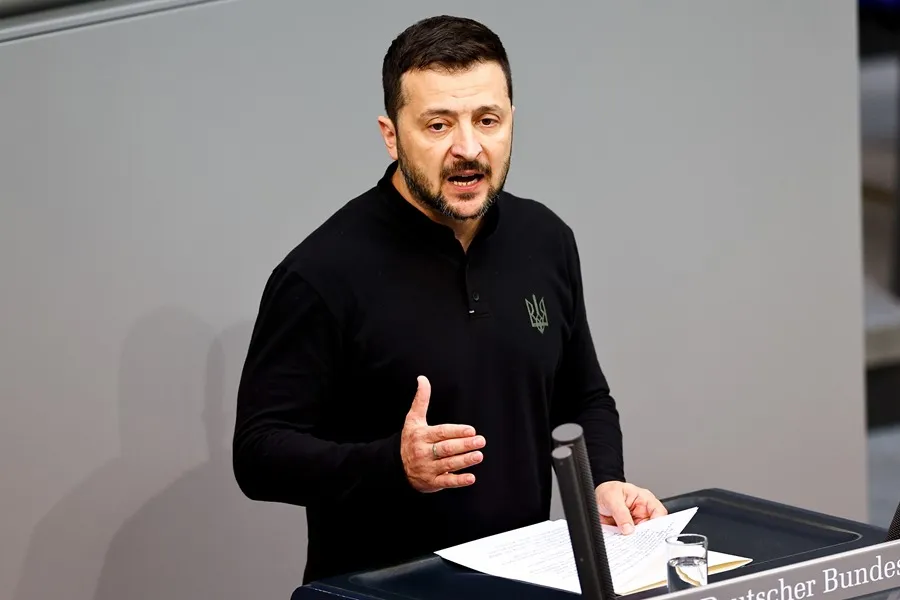
The Ukrainian government on Wednesday declared a nationwide energy state of emergency amid continued Russian military attacks and extreme winter weather, with nighttime temperatures dropping as low as minus 18 degrees Celsius.
“The consequences of Russian attacks and worsening weather conditions are severe (…) Overall, a state of emergency will be declared for Ukraine’s energy sector,” Ukrainian President Volodymyr Zelensky said in a statement posted on social media following a meeting with senior officials.
Zelensky announced the creation of a “permanent coordination headquarters” to manage the crisis in the capital, Kyiv, and tasked former defence minister and current energy chief Denys Shmyhal with overseeing support efforts for affected individuals and communities, including addressing power outages, heating shortages and other “practical issues.”
“There are many problems that require urgent solutions,” the president said, noting that repair crews, energy companies, municipal services and the State Emergency Service are working “around the clock” to restore electricity supplies. Kyiv has been particularly affected after Russian strikes last Friday disabled key parts of the power grid, as daytime temperatures hover around minus 12 degrees Celsius and plunge to minus 18 at night.
Zelensky added that public authorities will “maximize efforts with partners to obtain the necessary equipment and additional support,” while the government will ensure “maximum deregulation of all processes” to speed up the connection of backup power equipment to the grid. He also confirmed that work is underway to significantly increase electricity imports into Ukraine.
The Ukrainian leader further instructed his Cabinet to review curfew regulations in light of the extreme cold, arguing that citizens must have the greatest possible access to assistance centers, while businesses should be given flexibility to plan their operations according to the state of the energy system.
International
France joins Denmark’s ‘Operation Arctic Resistance’ in Greenland amid U.S. tensions

French President Emmanuel Macron confirmed in the early hours of Thursday (Wednesday afternoon in El Salvador) that France will take part in “Operation Arctic Resistance,” after Denmark announced it would expand its military presence in Greenland amid rising tensions with the United States over Washington’s stated ambitions regarding the semi-autonomous territory.
“At Denmark’s request, I have decided that France will participate in the joint exercises organized by Denmark in Greenland, ‘Operation Arctic Resistance,’” Macron said in a brief message posted on social media at 5:18 p.m.
The French president added that “the first French military elements are already on their way, with others to follow,” though he did not specify the number of troops being deployed or the scale of France’s planned contribution.
The governments of Sweden, Norway and Germany have also confirmed the deployment of military contingents to Greenland. Germany’s armed forces will send a 13-member reconnaissance team to the Greenlandic capital, Nuuk, to take part in a mission scheduled to run from Thursday through Saturday, according to the German Ministry of Defence.
Denmark’s announcement came shortly before a Danish delegation met at the White House with U.S. Vice President JD Vance and Secretary of State Marco Rubio to discuss Washington’s plans regarding Greenland. Copenhagen said the military activities would be carried out “in close cooperation with NATO allies.”
International
Iran closes airspace amid U.S. threats and deadly nationwide protests
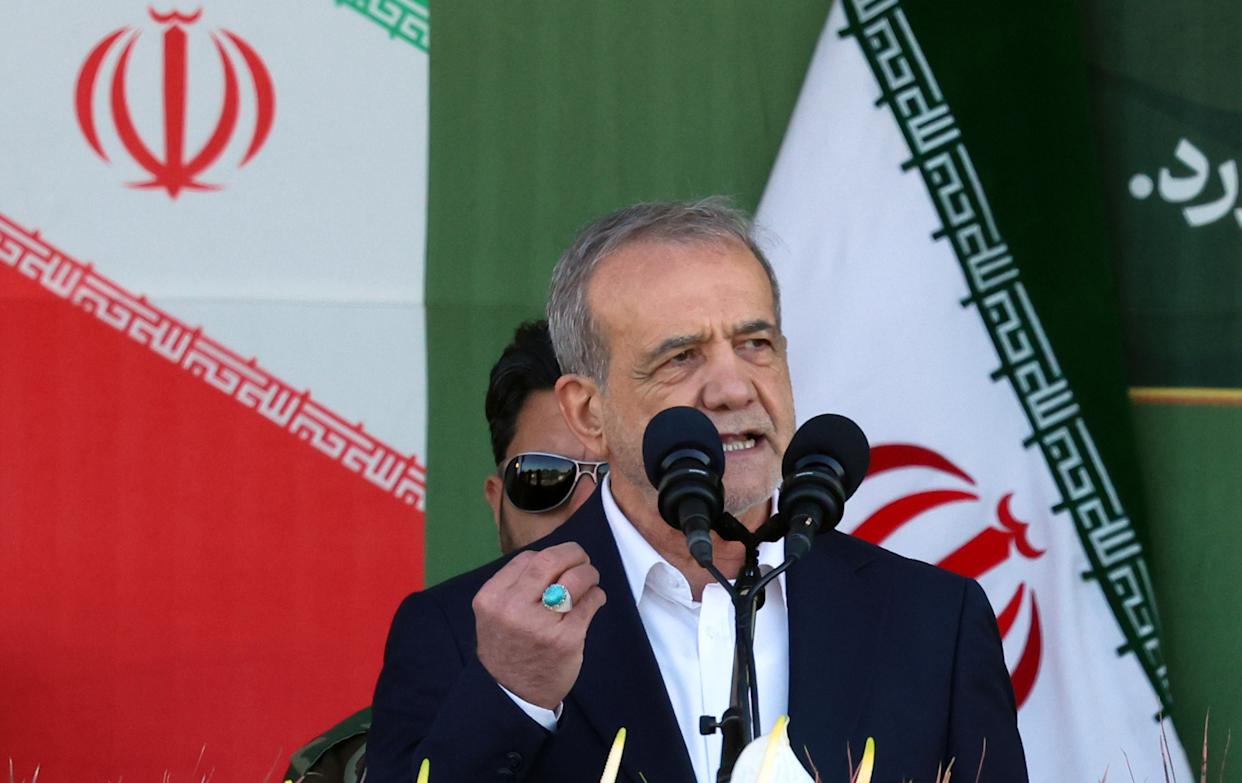
Iranian authorities closed the country’s airspace in the early hours of Thursday, according to data from flight-tracking website FlightRadar24, amid growing threats of a possible U.S. attack as protests across the country continue and have reportedly left thousands dead.
According to FlightRadar24, the Iranian government suspended all flights to and from the country, except for international flights that have received special authorization. The notice was initially issued for a duration of just over two hours.
The move comes after U.S. President Donald Trump in recent days threatened to strike Iran if its security forces failed to halt the deaths linked to weeks-long protests that began in Tehran and later spread to other Iranian cities. Despite the threats, the White House said diplomacy remains Trump’s preferred option.
Speaking from the Oval Office on Wednesday, Trump claimed that “the deaths in Iran have stopped” and said there would be no executions of protesters following his warnings to Tehran. He added that his administration would seek to verify those claims.
“I’ve been told the deaths in Iran are stopping. They’ve stopped, and that there are no plans for executions,” Trump told reporters, cautioning that the United States would be “very upset” if those assurances proved to be untrue.
The statements contrast with reports from rights groups. The Norway-based NGO Iran Human Rights (IHRNGO) said on Wednesday that more than 3,400 people have been killed since the protests erupted. Meanwhile, Kurdish-Iranian rights group Hengaw reported this week that a 26-year-old Iranian man, Erfan Soltani, was facing execution as of Wednesday.
-

 International2 days ago
International2 days agoDeadly van accident near Brazil border leaves 11 dead in Bolivia
-
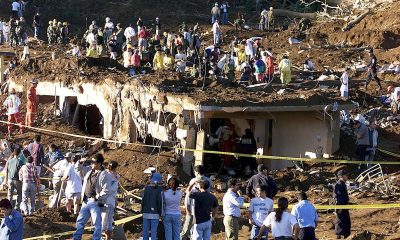
 Central America2 days ago
Central America2 days agoTaiwan’s $10 million donation after 2001 earthquakes allegedly diverted in El Salvador
-

 Central America2 days ago
Central America2 days agoU.S. and El Salvador maintain close partnership, embassy says
-
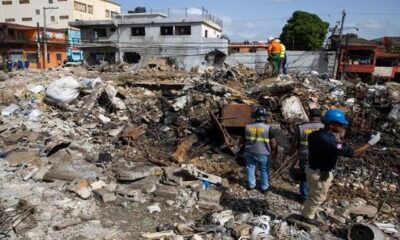
 International2 days ago
International2 days agoDominican court postpones hearing in deadly nightclub collapse case
-

 International2 days ago
International2 days agoU.S. to host Danish and Greenlandic Foreign Ministers at the White House
-

 International2 days ago
International2 days agoPolice hunt gunmen after fatal shooting in Corsica
-
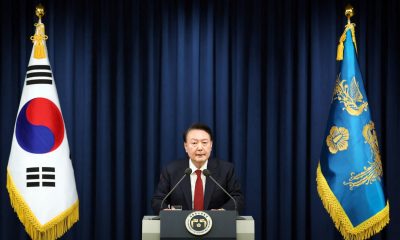
 International2 days ago
International2 days agoEx-President accused of bid to establish dictatorship as verdict nears in South Korea
-

 International2 days ago
International2 days agoVenezuelan opposition leader dedicates Nobel Prize to Trump
-
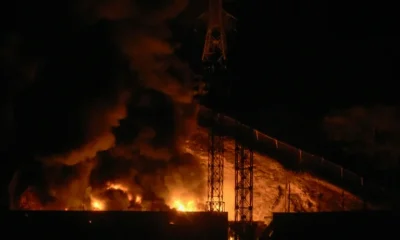
 International5 days ago
International5 days agoU.S. strike in Caracas killed 32 cuban security officers, experts say surprise was crucial
-
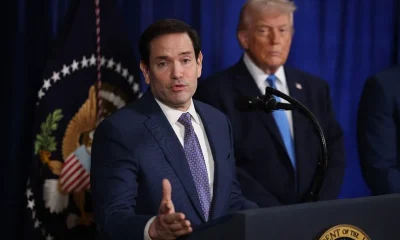
 International4 days ago
International4 days agoU.S. Issues Urgent Evacuation Call for Citizens in Venezuela
-
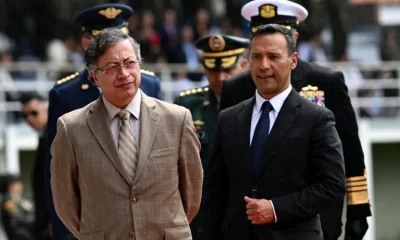
 International1 day ago
International1 day agoColombian Defense Chief Meets U.S. Officials to Advance Bilateral Narcotics Strategy
-
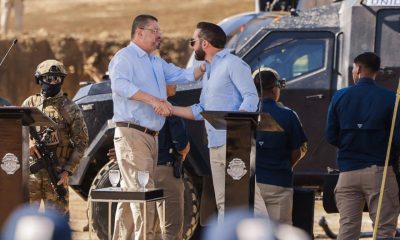
 Central America19 hours ago
Central America19 hours agoBukele warns crime can become a ‘parallel government’ during visit to Costa Rica
-
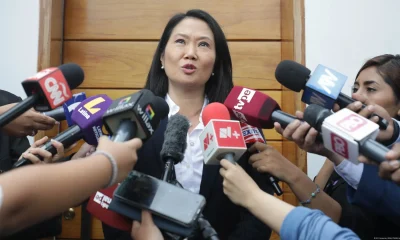
 International1 day ago
International1 day agoPeruvian Court Orders Definitive Dismissal of Money Laundering Case Against Keiko Fujimori
-

 International18 hours ago
International18 hours agoU.S. to suspend visa processing for applicants from 75 countries
-

 International5 hours ago
International5 hours agoIran closes airspace amid U.S. threats and deadly nationwide protests
-

 International5 hours ago
International5 hours agoU.S.–Denmark tensions escalate as Trump pushes NATO to back U.S. claim on Greenland
-
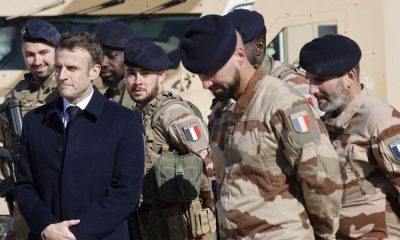
 International5 hours ago
International5 hours agoFrance joins Denmark’s ‘Operation Arctic Resistance’ in Greenland amid U.S. tensions
-

 International5 hours ago
International5 hours agoUkraine declares nationwide energy emergency amid russian attacks and extreme cold
-
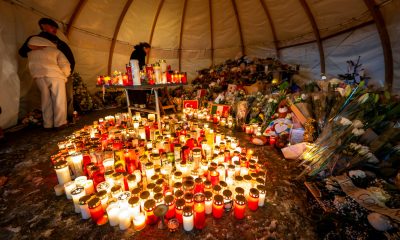
 International5 hours ago
International5 hours agoSwiss Canton of Valais Grants Emergency Aid to Victims of Crans-Montana Bar Tragedy
-
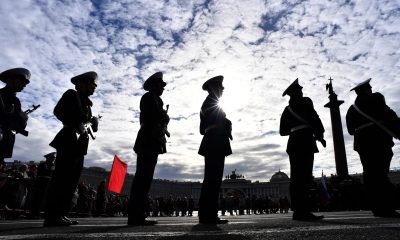
 International5 hours ago
International5 hours agoUK Intelligence estimates russian casualties in Ukraine at over 1.2 million
-

 International5 hours ago
International5 hours agoHillary Clinton skips Epstein inquiry as house panel threatens contempt charges
-

 International5 hours ago
International5 hours agoX moves to block Grok from creating sexualized images of real people amid legal scrutiny


























